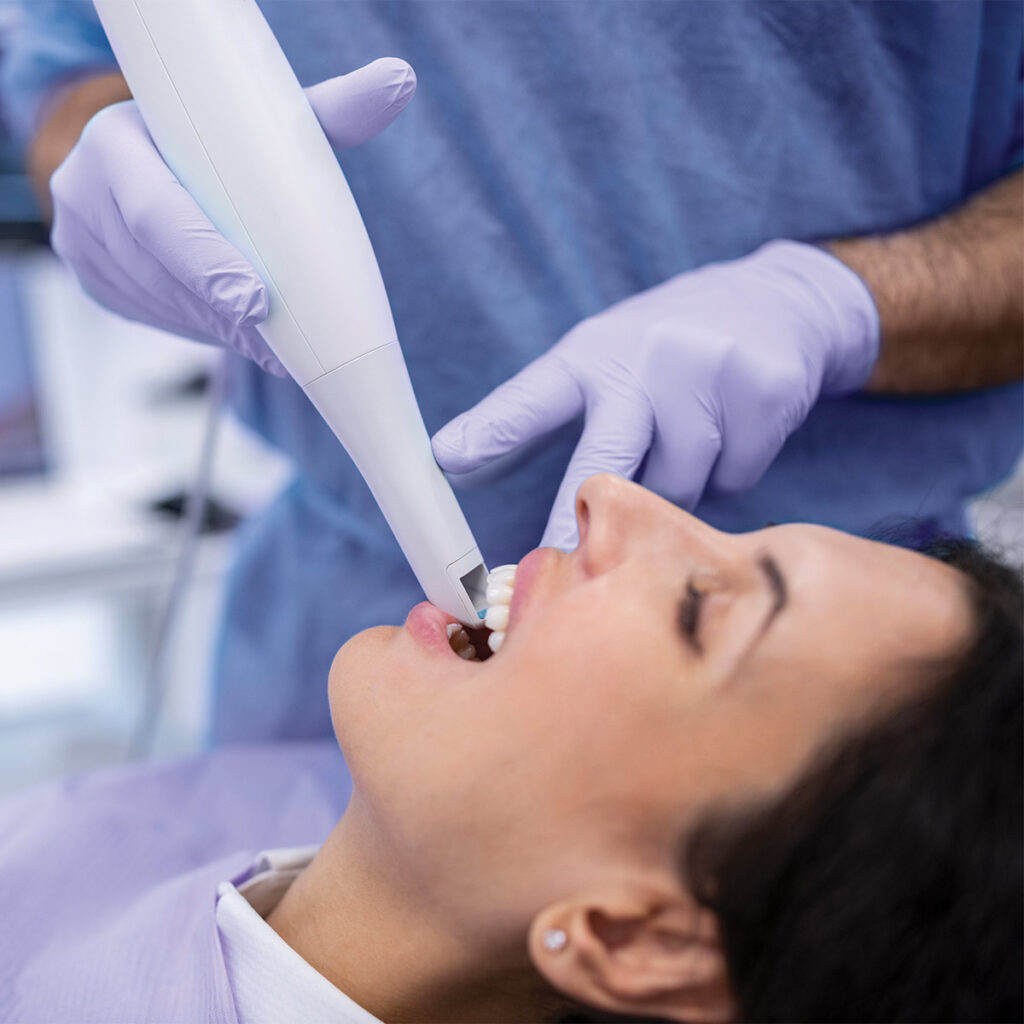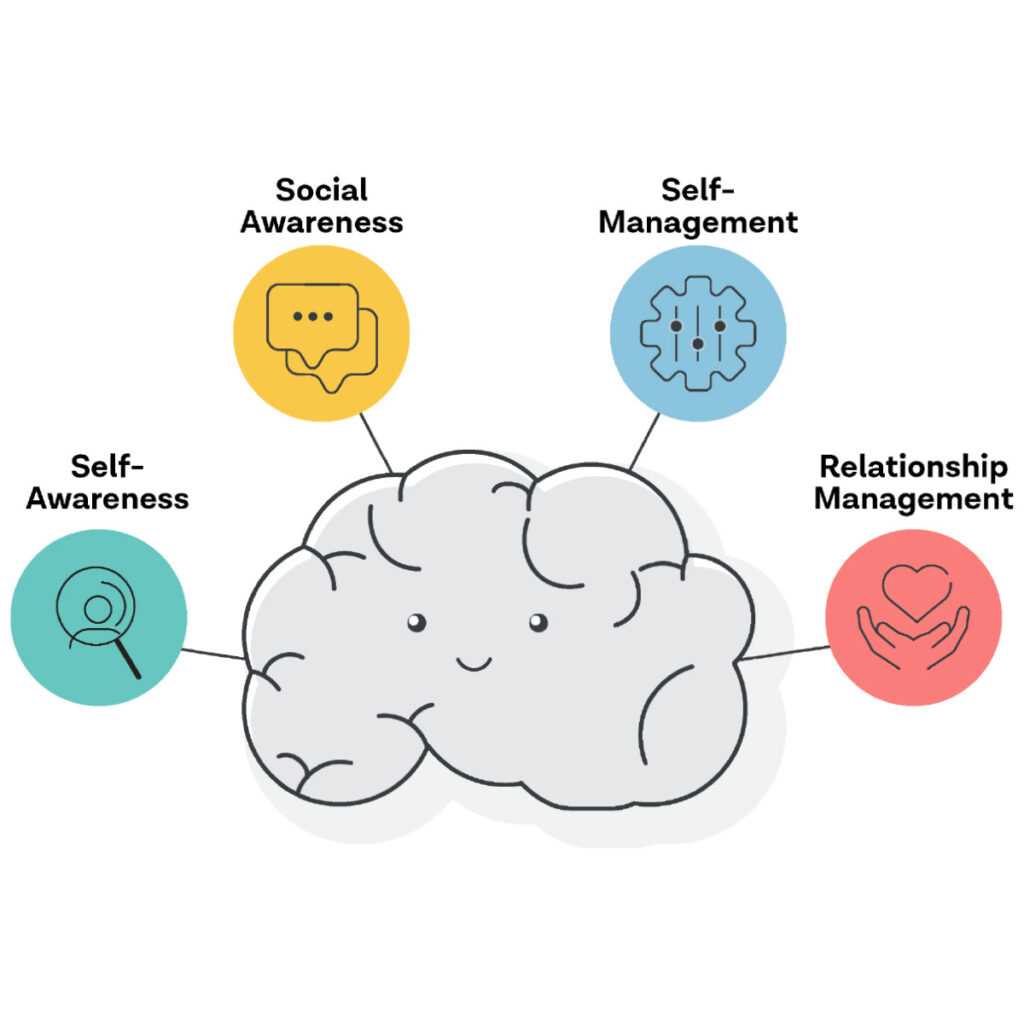The saying “if mom isn’t happy, nobody’s happy” rings true in pregnancy. When a pregnant woman dedicates herself to eating well and getting plenty of exercise, the benefits pay off for both mother and child.
Compiled By Jenni Frankenberg Veal
Fitness
The American College of Obstetrics and Gynecology recommends that pregnant women get 30 minutes or more of moderate exercise per day. If a woman is physically active before pregnancy, she can continue her activity in moderation. If she has never exercised regularly, she should consult with her doctor before starting an exercise regimen.
Most exercises are safe to perform during pregnancy, as long as a woman shows caution and doesn’t overdo it. The safest and most productive activities are swimming, brisk walking, indoor stationary cycling, step or elliptical machines and low impact aerobics. These activities carry little risk of injury, benefit the entire body and can be continued until birth.
If a woman has a medical problem such as asthma, heart disease or diabetes, exercise may not be advisable. Exercise may also be harmful if a woman has a pregnancy-related condition such as bleeding or spotting, low placenta, weak cervix, threatened or recurrent miscarriage, or a history of early labor.
Nutrition
Good nutrition during pregnancy is vital for a baby’s growth and development. In addition to taking a daily prenatal vitamin, a woman should eat a variety of foods to get the nutrients she needs. A woman should consume approximately 300 more calories than she did prior to becoming pregnant. Recommended daily servings include 6 to 11 servings of breads and grains, two to four servings of fruit, four or more servings of vegetables, four servings of dairy products and three servings of protein. The following vitamins are particularly important during pregnancy:
Calcium: According to the American Pregnancy Association, a daily requirement for calcium when pregnant is 1,000 mg per day. Good sources of calcium include milk, cheese and yogurt.
Iron: Ideally, a woman should eat at least three servings of iron-rich foods each day to ensure she is getting 27 mg of iron.
Vitamin C: According to WebMD, pregnant women need 70 mg of vitamin C per day. A woman should eat at least one good source of vitamin C every day, such as oranges, grapefruits, strawberries, honeydew, broccoli, cauliflower, brussel sprouts, green peppers, tomatoes or mustard greens.
Folic Acid: Pregnant women need at least 0.4 mg of folic acid per day to help prevent neural tube defects such as spina bifida. Dark green leafy vegetables, veal and legumes are good sources of folic acid.
Vitamin A: Every other day, a woman should eat at least one source of vitamin A. These include carrots, pumpkins, sweet potatoes, spinach, water squash, turnip greens, beet greens, apricots and cantaloupe. However, excessive vitamin A intake (>10,000 IU/day) may be associated with fetal malformations.
Modus Health StepWatch 5




